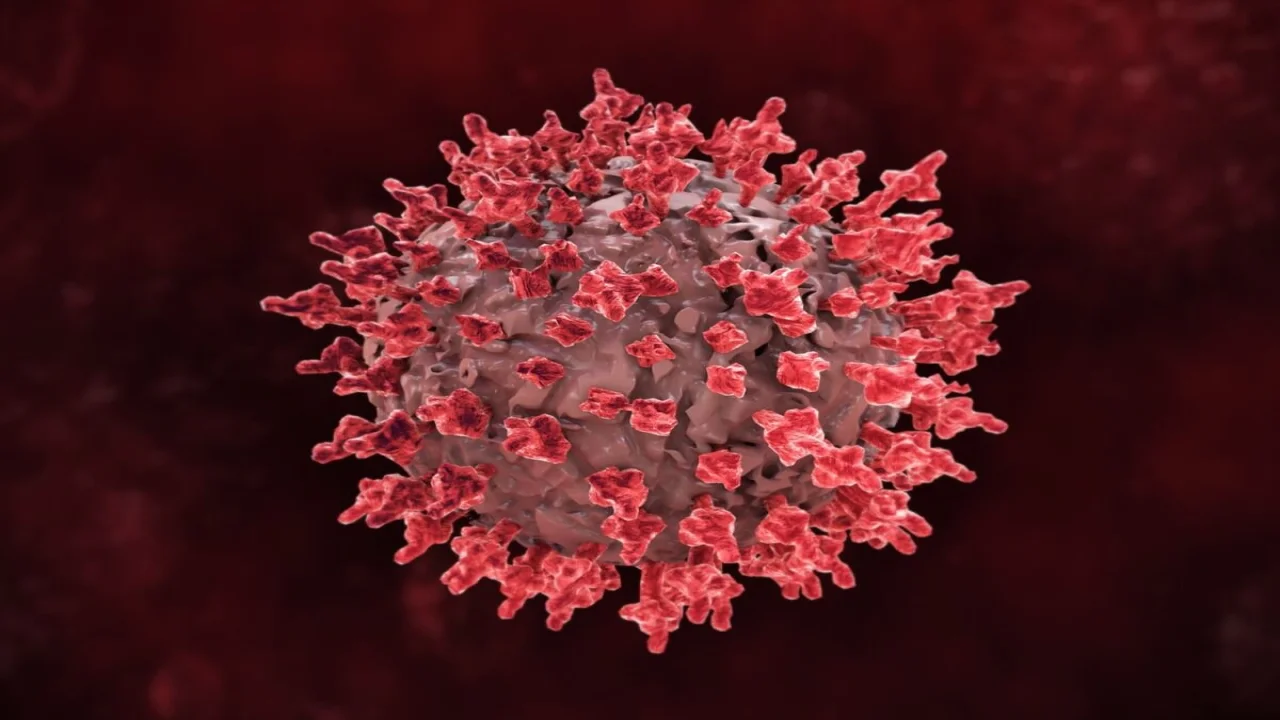What You Should Know About Middle East Respiratory Syndrome Coronavirus (MERS-Cov)
Learn about Middle East respiratory syndrome (MERS) origins, symptoms, transmission, affected countries, high-risk groups, and treatments. Stay informed and take precautions to protect yourself from this deadly MERS virus.

The Middle East respiratory syndrome (MERS) caused by coronavirus which has a large family of virus. This viral disease first identified in September 2012 in Saudi Arabia. This virus can cause disease ranging from common cold to Severe Acute Respiratory Disease (SARS).
This deadly virus may originate from bats and categorize as a zoonotic virus. Which mean a virus that transmitted from animal to human by direct or indirect contact. Especially dromedary camel which is a reservoir host for this virus.
Which Country Infected By MERS-CoV
Saudi Arabia is the leading country. About 80% of cases have reported. The United Arab Emirates and the Republic of Korea come in second. But specific antibodies that can found in previously infected animal have been identified in Middle East, Africa, and South Asia
According to WHO, since 2012, 27 countries have reported cases of MERS including Algeria, Austria, Bahrain, China, Egypt, France, Germany, Greece, Islamic Republic of Iran, Italy, Jordan, Kuwait, Lebanon, Malaysia, the Netherlands, Oman, Philippines, Qatar, Republic of Korea, Kingdom of Saudi Arabia, Thailand, Tunisia, Turkey, United Arab Emirates, United Kingdom, United State, and Yemen.
How MERS-Cov virus Spread or Transmitted?
From animal to human. Taking care of infected animal without proper precaution can transmit the virus easily. Eating raw meat or milk without proper preparation can also infect the human.
Secondly, they spread by human to close human contact. For example, unprotected care to a patient in health-care facilities. The facilities provided inadequate prevention and didn’t separate MERS patient with another patient. Traveller whose have infected. Traveling to another country and spread the virus.
However, the exact route is still unknown.
What Are The Symptoms of MERS-CoV
Typical symptoms that infected patient presented are the common cold, cough, and shortness of breath. These are the common/mild symptoms. Pneumonia(not always present), and severe acute respiratory disease which leads to respiratory failure. The patient needs to use mechanical ventilation in intensive care unit (ICU).
Gastrointestinal symptoms also present for example diarrhea. Some of the patients might be asymptomatic meaning absent from clinical symptoms. But they are positive for MERS proved by a laboratory test.
Is There A Possibility For Me To Get Infected?
High-risk people: eating raw contaminated milk and meat. Older people. Low immunity person. Chronic disease patient such as renal disease, cancer, lung disease and diabetes. This person should avoid direct contact with camel, drinking raw camel milk or urine and eating raw meat.
According to WHO, 750 death related to MERS-Cov since 2012. But there are still patient with mild cases that might miss due to ignorance about the disease. This disease has high mortality rates of 35%.
How Can We Treat MERS-CoV Disease?
Unfortunately, there is no vaccine, or specific treatment is currently available. However, according to WHO, three vaccines currently under development. One vaccine to prevent transmission from animal to human. While the other two for outbreaks of this disease and protection for high-risk people). As for now, we can only treat clinical symptoms and supportive treatment.
What Can We Do To Avoid The Virus?
We can take some precaution. For examples in the farms, market, and barns. The home where dromedary camel and other animals live; we should practice general hygiene measures. Washing hand before and after contact with the animal and avoid visiting sick animal. In health-care facilities, the worker should know or educated in the prevention of disease and applied it. Fortunately, according to WHO, a disease outbreak in healthcare facilities have significant drop compared to previous year.
MERS-CoV is still a threatening virus, and WHO reports the recent case. A male patient 74 years old lives in Batinah, Omani. The disease transmitted when he is taking care of his sick camel. Laboratory confirmed that it is a case of MERS-Cov disease. Take care of ourselves better. Educate yourself and take alert of what happens in our world. The world is getting sicker day by day, and we can change it. Little by little.
The information on this page is peer reviewed by a qualified editorial review board member. Learn more about us and our editorial process.
Last reviewed on .
Article history
- Latest version
- Last updated by Dayyal Dungrela, MLT, BSc, BS
Cite this page:
- Posted by Nur Artiqah Noor Zohori